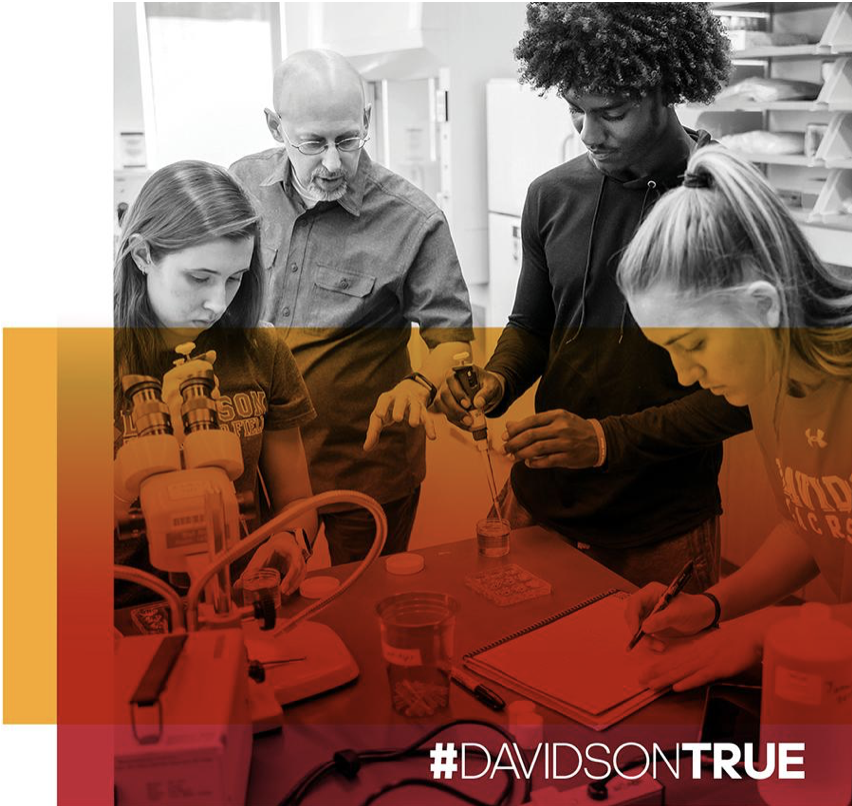Why is the truth important? How do we find the truth? What is the truth?
Why do we search for the truth?
As we discuss revolution and work to define the humanities, I keep coming back to this idea of the truth.
Before the Humanites course, I had never considered “truth.” However, our unit lectures and discussions have provoked my curiosity. I have begun to question if truth is simply synonymous with fact and reality.
Truth is a large concept. I understand this. It’s big and confusing and seems out of reach for one digital portfolio to comprehend. However, maybe this is the point? Maybe, the point is not to grasp the truth, but to see glimpses of it.
As you dive into this portfolio, don’t be afraid to challenge my work and ask big questions. If there is one thing I’ve learned in this class so far, it’s that individual perspectives are much more valuable than any static answer.
So is there one truth? Is it all relative?
I think that the only immediate truth is how we feel. As humans interpreting truth, we can only understand it based on how we react to it. Thus, it is not factual evidence or unbiased research. Rather, truth is the personal reactions and emotions that we share and that allow us to connect with others. We all use our own conceptual schemes to interpret truth. With this in mind however, this is my interpretation through my conceptual scheme… so take it how you want.
In Montgomery, Alabama, at the Equal Justice Initiative’s (EJI) memorial for racial terror lynching victims, EJI stated that the memorial, as well as the museum, are efforts to share the truth: “The National Memorial for Peace and Justice provides a sacred space for truth-telling and reflection about racial terrorism and its legacy.” Lynchings and racial violence were swept under the rug throughout history, specifically this violence’s connection to current racist institutions like the incarceration system. What makes a past event a historical violence truth to be revealed? What is the importance of educating others about this truth?

Equal Justice Initiative https://museumandmemorial.eji.org/memorial
In political culture today, the phrase “fake news” has gained popularity, referring to a lack of truth from the media. President Trump tweets frequently about the abundance of fake news, insisting that the media tells lies. Why is it important to have media that is true? How do we know when news is fake or true? Is news factual? What makes something a fact?

Davidson College released a new video campaign last semester with the theme, #DAVIDSONTRUE. To Davidson, truth is defined as follows:
“Truth is an elusive concept these days—but not at Davidson. For us, truth is not a set of answers, it’s a way of being—defined by deep sincerity, intellectual bravery, unquestioned integrity, fundamental decency. This is the foundation that makes the Davidson experience a true examination of self and world. And why relationships formed here are ties that bind, with impact that is boundless.”


A Note Regarding the Cover Image:
When I was designing an image to use for the main cover of my digital portfolio, I knew I wanted it to be centered around my larger theme of “Truth” (capital T). I liked the idea of different triangles fitting together, like how different perspectives and experiences are truth. I was experimenting with different color schemes but none of them felt right. I decided upon a grayscale color palette because I liked the diversity of shades and the fact that all the colors are variations from the true black and white points. It reminded me of the phrase, “It’s not just black and white” in that truth is varied and complex and not simply understood like black and white. There’s grays and colors I could never even imagine because they are just outside of my conceptual scheme. But they all fit together to create this ephemeral experience of the now and I think that felt right to me. For me, truth is simply how one feels, as human experience can only be understood as experienced by humans which is just a bunch of reactive emotions.
Okay. Sorry, long rant. Explore the website to make your own conclusions.

